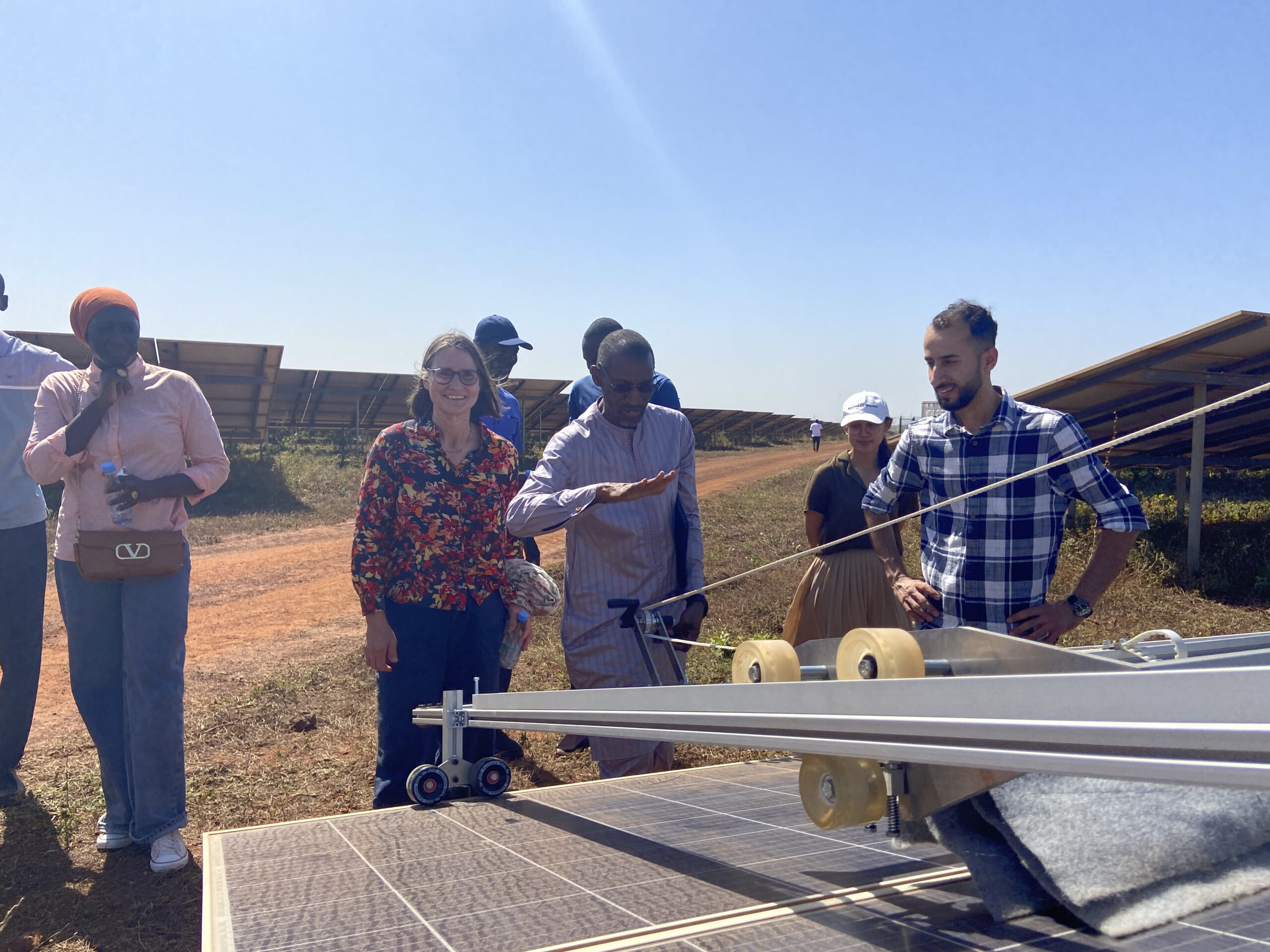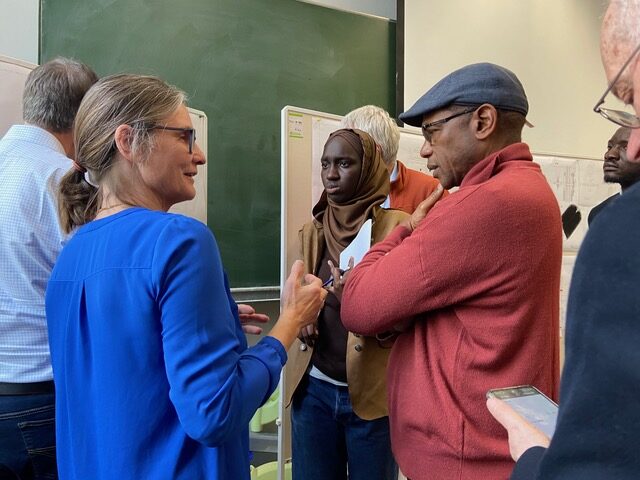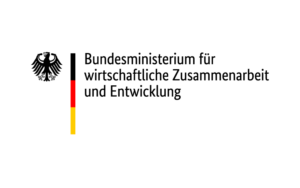Sun and wind are the pillars of a climate-neutral energy supply. Senegal has plenty of both. The country is working on decarbonizing its energy supply. By 2030, 40 percent of its electricity is to come from renewable sources. The country could become an energy supplier for Europe. This would create jobs for many people in Senegal and bring valuable foreign currency into the country.
COOPERATION BETWEEN HAW HAMBURG AND ESP DAKAR
Expertise for the expansion of renewable energies in Senegal
ENERGY FUTURE WEST AFRICA”We have only one Earth, and in it, our future together.





INTERNATIONAL COLLABORATION
Knowledge for green energy
The main objective of the project Cooperation to Focus on Renewable Energy Education (CO2FREE) is to promote the professionalization of the renewable energy sector in Senegal. The project is a cooperation between the Hamburg University of Applied Sciences (HAW Hamburg) and the École Supérieur Polytechnique (ESP) in Dakar and the two industrial partners SMA Solar Technology, Kassel and SATEC – Société Africaine de Téchnologies, Dakar.

Sun - the energy of the future.
SENEGAL
Between the Atlantic, Sahel and rainforest
With an area of 196,712 km², the Republic of Senegal is roughly half the size of Germany. Over 70 percent of its 16.3 million inhabitants make a living from agriculture and fishing. The per capita income is USD 1,474. The capital, Dakar, is the westernmost city in Africa.
Senegal is considered one of the most politically stable countries in West Africa. While political power is heavily concentrated in the hands of the president, the principle of separation of powers is largely respected. Elections are recognized as free and fair internationally. As a former French colony, the country maintains strong ties with France. Like in most African countries, a wide variety of languages are spoken, but the official language is French. 95 percent of Senegalese people identify as Muslim.
Dieses Projekt wird gefördert vom DAAD aus Mitteln des Bundesministeriums für wirtschaftliche Zusammenarbeit und Entwicklung (BMZ).



